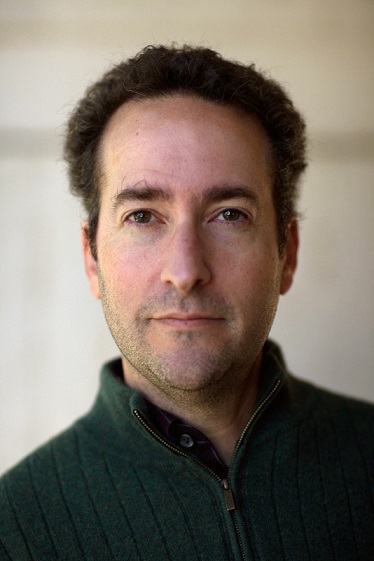
Particle Physics Research at the CERN Large Hadron Collider
1 May - 30 June 2023
Biography
Professor Chertok joined the University of California, Davis faculty in 2000. He performs research in high energy particle physics, and participates in the Compact Muon Solenoid (CMS) experiment at the CERN Large Hadron Collider. Following a decades-long intensive search to uncover the mechanism responsible for electroweak symmetry breaking, the discovery of a Higgs boson was announced in 2012 by the CMS and ATLAS collaborations. This constitutes a major advancement for the field, but simultaneously raises profound questions about the nature of the universe.
Great discoveries require great instrumentation, and Professor Chertok has contributed to state-of-the-art particle detector systems in the pursuit of the Higgs boson and beyond. At CERN, his UC Davis group contributed to the design, assembly, and testing of the CMS silicon pixel detector, truly unprecedented in its capabilities for precision tracking at a hadron collider. In 2008 while on sabbatical, Professor Chertok led a team in the installation of this device at the very heart of the CMS experiment, 100m underground the French countryside near Geneva. Recently, he has focussed on tracking detector mechanics to advance the design of the next-generation device to be deployed at the High-Luminosity LHC (HL-LHC).
Professor Chertok uses leptonic signatures, including hadronic tau decays, and advanced machine learning techniques to uncover overlapping particle sprays in the search for new phenomena in the collider’s vast data samples. This research is motivated by Supersymmetric and extended Higgs theories predicting spectacular signatures in these channels. The large datasets from the LHC today and at HL-LHC in the next decade indicate that crucial questions such as how particles acquire mass, why there is an electroweak scale, and what is the nature of dark matter, will finally be addressed.
Research summary
Particle physics searches for, uncovers, and scrutinizes the fundamental building blocks of matter to better understand our universe. After more than a century of many astonishing advances, the field reached new heights with the discovery of the Higgs boson in 2012 at the CERN Large Hadron Collider (LHC). This “uncovering” of a brand-new type of fundamental particle and interaction of nature was achieved due to the dedicated work of thousands of experimental particle physicists searching in many different experiments over approximately 50 years. Both the University of Bristol and the University of California, Davis groups had a hand in this monumental discovery.
Since the Higgs discovery, physicists working at the LHC have been delving into ever-larger data sets to study the properties of this new particle with increasing precision. Machine learning techniques such as deep neural networks and boosted decision trees are now ubiquitous in these analyses, maximizing their sensitivity to unexpected phenomena that could signal the discovery of exotic new particles. During his BBMDVP award this spring, UC Davis Prof. Chertok will join forces with Prof. Joel Goldstein’s team at Bristol to collaborate on advanced analysis topics for the LHC’s CMS experiment.
Currently, the teams are preparing for the upcoming High Luminosity LHC era with major detector upgrades planned for the CMS experiment. Both groups contribute to the CMS silicon tracking detector upgrade which will usher in a new era of precision particle tracking. Goldstein and his group specialize in silicon detector electronics and algorithms for track triggering, while Chertok’s expertise lies in tracking detector mechanics. As part of the BBMDVP, both will benefit from participation in each other’s efforts in these areas.
Professor Chertok is hosted by Professor Joel Goldstein in the School of Physics.
The following lectures and seminars are planned for his visit:
Tracking Detector Mechanics
Wednesday 31st May, 4pm, Berry Lecture Theatre (3.27 in Physics)
Aimed at Particle physics group including postgraduates
Professor Chertok will present the key challenges and advancements in the realm of silicon detector mechanics including results from his work at UC Davis and Fermilab for the CMS upgrade.
Recent results from the CMS Experiment
Tuesday 6th June, 3 pm, Berry Lecture Theatre (3.27 in Physics)
Open to all
Professor Chertok will deliver a departmental colloquium on collider physics and include a variety of recent results from the CMS Experiment at the LHC.
Searches for Exotics Higgs Boson Partners
Wednesday 21st June, 4pm, Berry Lecture Theatre (3.27 in Physics)
Aimed at Particle physics group including postgraduates
Professor Chertok will present the physics program for searches for light pseudoscalar Higgs bosons at CMS, give analysis technique details, and make projections for Run 3 and HL-LHC.